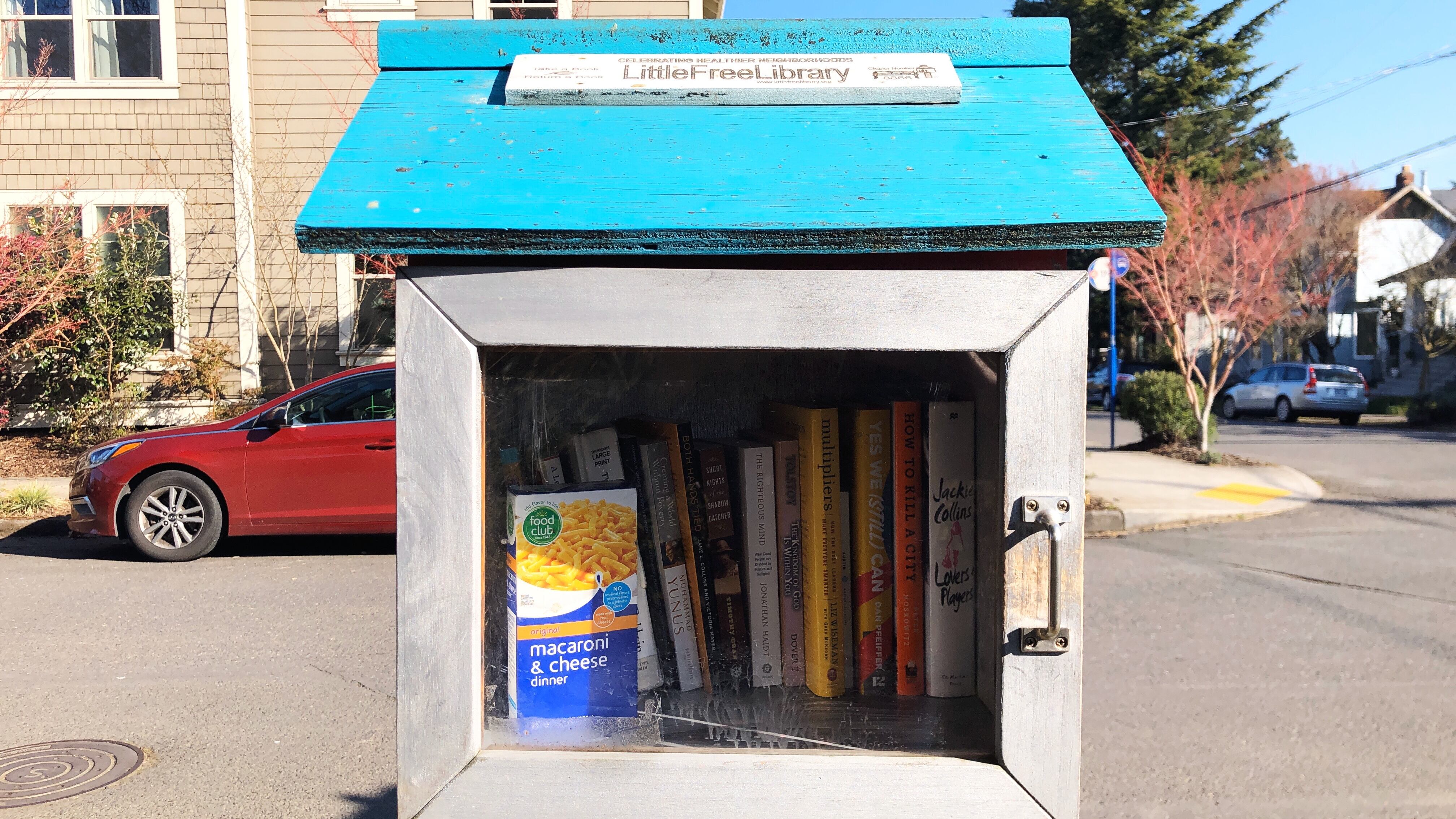Gov. Kate Brown is preparing to order Oregonians to stay in their homes whenever possible, beginning Monday, according to a policy draft reviewed by WW.
The order forbids all "nonessential gatherings…regardless of size." It allows people to go outside for recreational activities, like jogging or hiking, but only if they can maintain a 6-foot distance from others. And it closes a wide swath of businesses, from barber shops to tattoo parlors.
It also prohibits individuals from frequenting businesses that are supposed to be closed. Violating any of the governor's orders would be a class C misdemeanor.
The order is similar to stay-home orders issued in other states, but tries to avoid the confusion that gripped California by identifying which businesses must close instead of making a blanket closure and then listing exceptions. It allows offices to stay open but requires them to have employees work from home.
The order is being prepared for Monday, and would go into effect immediately, according to the draft reviewed by WW.
The governor's office declined to comment on the draft Sunday night.
The order will follow multiple days of delays by the governor—which many Oregonians took as a cue to hit the coast for spring break.
Portland Mayor Ted Wheeler has advocated since Wednesday for a stay-home order, even as the governor appeared reluctant to upend Oregon life in the face of the pandemic.
Brown cited advice from public health authorities as her reason such an order was unnecessary. But then the trade group for public health professionals also advocated for a shelter in place order.
It also follows a confused presentation by Brown on Friday evening, in which she referenced an order that would require residents to stay home but also said she had no plans to issue one.
Since then, Wheeler has been joined by the mayors of 23 other cities in the Portland region and three county chairs in calling for a statewide shelter in place order. Wheeler said Sunday he'd issue a citywide order Monday if the governor didn't act.
Multiple medical groups have also called for a shelter in place or stay-home order. Brown avoids using that language in the draft, but the effect is similar. She calls it "Stay Home, Stay Safe," but she orders Oregonians to stay in their homes.
Among the businesses to be closed, according to the draft order: amusement parks, hair salons, bowling alleys, furniture stores, boutiques, gyms, "indoor and outdoor malls," spas, museums, senior centers, ski resorts, social and private clubs, tattoo parlors and theaters. (Cannabis shops will not be closed.)
It authorizes the Oregon Health Authority to come up with other nonessential businesses that will need to close. It leaves restaurants, bars and cafes open, as long as they serve only takeout food. And it requires open businesses to come up with a plan for social distancing.
The draft order would not close offices but instead require them to allow employees to telecommute to the maximum extent possible.
Child care facilities will be closed if they cannot limit to 10 the number of children who will come into contact with each other during the week, according to the draft. Open child care facilities will also be required to prioritize serving the children of first responders and parents who work in health care or emergency response.
Travel will be discouraged.
The order is expected to take effect immediately tomorrow, though it's not clear how long it will last.
